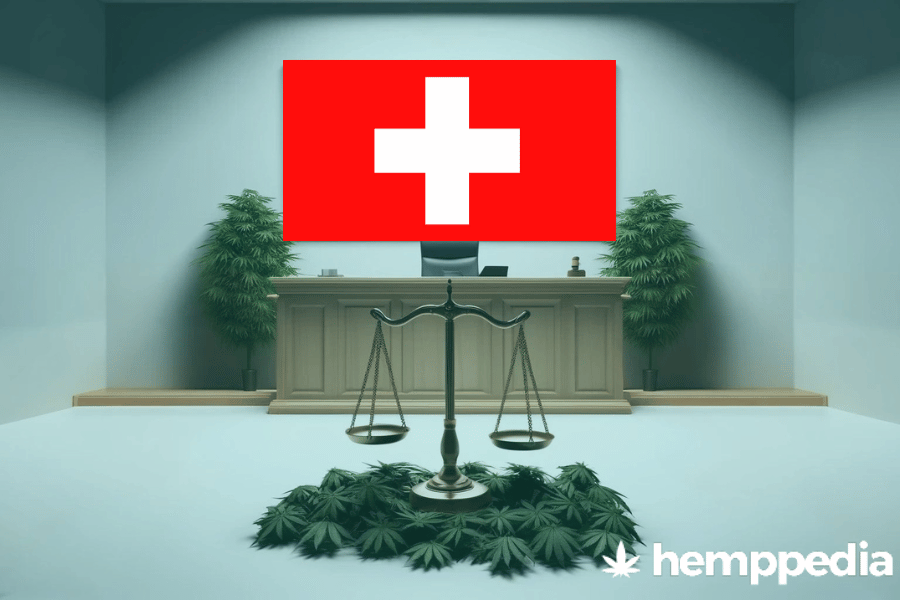TL;DR
In Switzerland, cannabis laws are becoming more lax. While it isn’t entirely legal, both recreation and medicinal consumption of cannabis products containing up to 1% THC is decriminalized, with the exception of CBD products which have been entirely legalized.
| Recreational | Medical | |
|---|---|---|
| THC | Decriminalized (up to 1% THC) | Decriminalized (up to 1% THC) |
| CBD | Legal | Legal |
Introduction
Understanding cannabis regulations and laws is essential, given the changing global perspective towards its use. With several countries moving towards legalization or decriminalization, there are also shifts towards stricter controls in other jurisdictions.
Overview of Cannabis Legislation
Decriminalisation usually refers to a reduction of legal penalties while legalization removes all legal prohibitions against it. Medical use refers to the use of cannabis products, such as cannabidiol (CBD) for medical purposes while recreational use refers to use for personal enjoyment rather than medical necessity.
Legal Status
In Switzerland, for both recreational and medical use, cannabis with up to 1% THC is decriminalized. While it’s technically illegal to consume cannabis with more than 1% THC, small-scale possession (up to 10 grams) isn’t penalized. On the other hand, CBD products are fully legal.
Source: Federal Office of Public Health: Cannabis LegislationHistorical Context
Switzerland has been relatively permissive of cannabis, compared to many other countries. The legislation was relaxed in 2012, with the decriminalization of small amounts of cannabis, and more recently with the legal acceptance of CBD products.
Possession and Use
The possession of cannabis with more than 1% THC is illegal, although possession of up to 10 grams is decriminalized. There are no specific restrictions on the locations of consumption for legal cannabis.
Cultivation and Distribution
Personal growth is allowed as long as the plants don’t have a THC content that exceeds 1%. Distribution is regulated by the government regardless of the THC content.
Enforcement and Penalties
Vanilla sentencing options for violations of the Swiss Narcotics Act range from fines to custodial sentences depending on the scale of the infraction.
Medical Cannabis
Cannabis is not typically prescribed in Switzerland for medical purposes, however, it can be authorized for exceptional cases.
Social and Economic Impact
Legalization has led to a burgeoning legal cannabis industry in Switzerland, boosting the economy, and experts suggest it may have played a part in reducing illegal cannabis-related activities.
Comparative Analysis
Unlike in the United States where several states have fully legalized cannabis, Switzerland’s approach of decriminalizing small amounts of cannabis and fully legalizing CBD products sets it apart.
Future Outlook and Ongoing Debates
There has been increased discussion about completely legalizing cannabis, and some cantons are even experimenting with controlled distribution of cannabis.
Conclusion
Switzerland’s cannabis laws reflect a more progressive stance towards the substance, particularly with their decriminalization of cannabis with less than 1% THC and total legalization of CBD. The debate continues about fully legalizing cannabis, reflecting the global trend towards a more relaxed approach to cannabis laws.





